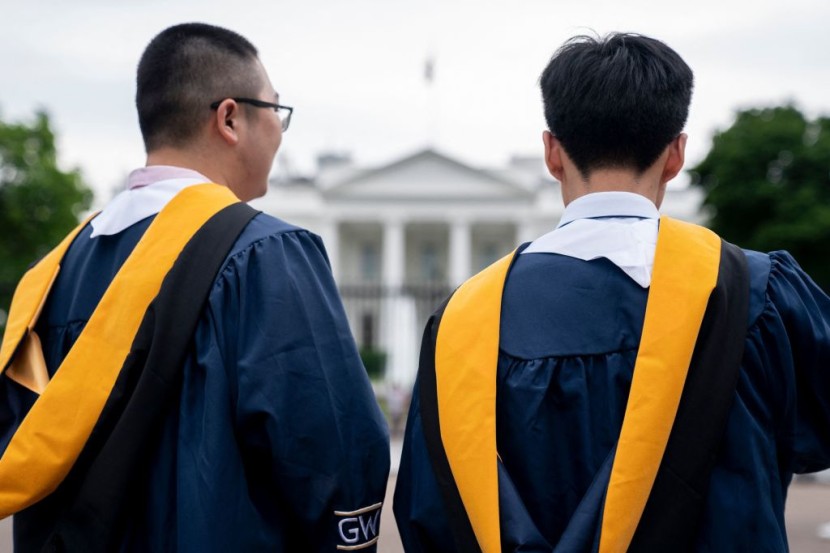
The Education Department is working on a slew of new rules for federal student loans to expand access to various relief programs and undo modifications imposed during the Trump administration.
The most significant change would affect virtually all of the tens of millions of Americans who have federal student loans by reducing interest capitalization, which adds unpaid interest to the borrower's principal, increasing the total amount owed.
Biden Administration Urges To Ease Student Loan Forgiveness
Interest would no longer be capitalized under the Biden administration's proposal when a borrower begins repaying or defaults on a loan, as well as in certain other scenarios.
The Education Department is also contemplating adjustments to relief programs that help government employees and numerous nonprofit organizations, handicapped borrowers, and students who attended institutions that closed unexpectedly or deceived them. The adjustments for fraudulent students, in particular, would undo limits established by Betsy DeVos, who pushed to undermine the assistance program when she was former President Donald J. Trump's education secretary.
The proposed modifications will be accessible for public discussion for 30 days before they are finalized and implemented in July of next year. Among the proposals are the following:
More lenient rules for borrowers filing fraud claims
A ban on obligatory arbitration clauses that restrict borrowers from suing institutions that deceived them
Loan forgiveness eligibility for those who are permanently handicapped has been expanded and the standards have been simplified
A proposal that would allow public employees to get debt forgiveness credit for months when their loans were postponed due to cancer treatment, economic difficulty, or service in AmeriCorps, the National Guard, or the Peace Corps
Borrowers and progressive Democrats are putting pressure on President Biden to fix the $1.6 trillion federal student loan system. He has stated that he is considering using executive action to fulfill his campaign goal of eliminating $10,000 in debt per borrower, but strong inflation and political considerations have made him wary. Mr. Biden has committed to make a decision before the end of a loan payment moratorium set to give aid during the outbreak. The suspension is set to end next month, as per New York Times.
Biden Considers Canceling $10,000 Student Debt of Each Borrower
The Department of Education stated that it wanted to approve the rules by November 1 so that the rule may take effect in July 2023. President Joe Biden is still debating how to deal with mass student debt cancellation despite demand from progressive Democrats to take more active action.
The White House has signaled that Biden is willing to forgive up to $10,000 in student debt for borrowers earning less than a specific salary, but the country's high inflation rate has complicated matters.
The payment moratorium on federal student loans, which has been in effect since the outbreak began, is slated to expire at the end of August. The White House has stated that Biden will decide on student loan relief before then.
According to the Federal Reserve, Americans owed more than $1.7 trillion in student loans in the first quarter of 2022. Students of color are more likely to incur college debt and suffer disproportionately to repay it. Students who attended for-profit universities had the greatest default rates, as per NBC News.
Some student loan and financial experts believe the president will make another decision soon. During a Zoom interview with Fox 17, Micheal Kitchen, senior managing editor at The Lending Tree's Student Loan Hero, said there has been some pressure from Democrats to delay repayments until the November election so it doesn't become a distraction.
Kitchen claims that members of the Republican Party in Congress are already working on legislation to end student loan forgiveness. However, if enacted, it will have a significant influence on Michigan.
According to the Institute for College Access and Success (or TICAS), the average debt among Michigan graduates in 2019-2020 was $29,863. Western Michigan University had the highest average among public institutions, at $34,858, while Alma College had the highest average of private schools, at $43,187. According to the survey, at least 73 percent of students at both WMU and Alma graduated with those averages, Fox17 reported.
Related Article : Student Loan Forgiveness: Here's How To Be Eligible for $25 Billion Debt Cancelation!
@YouTube
© 2025 HNGN, All rights reserved. Do not reproduce without permission.








